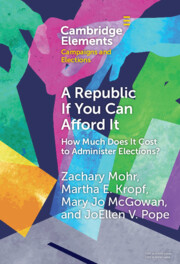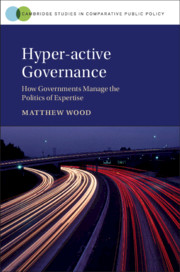How do changes in Election Day polling place locations affect voter turnout? We study the behavior of more than 2 million eligible voters across three closely-contested presidential elections (2008–2016) in the swing state of North Carolina. Leveraging within-voter variation in polling place location change over time, we demonstrate that polling place changes reduce Election Day voting on average statewide. However, this effect is almost completely offset by substitution into early voting, suggesting that voters, on average, respond to a change in their polling place by choosing to vote early. While there is heterogeneity in these effects by the distance of the polling place change and the race of the affected voter, the fully offsetting substitution into early voting still obtains. We theorize this is because voters whose polling places change location receive notification mailers, offsetting search costs and priming them to think about the election before election day, driving early voting.

